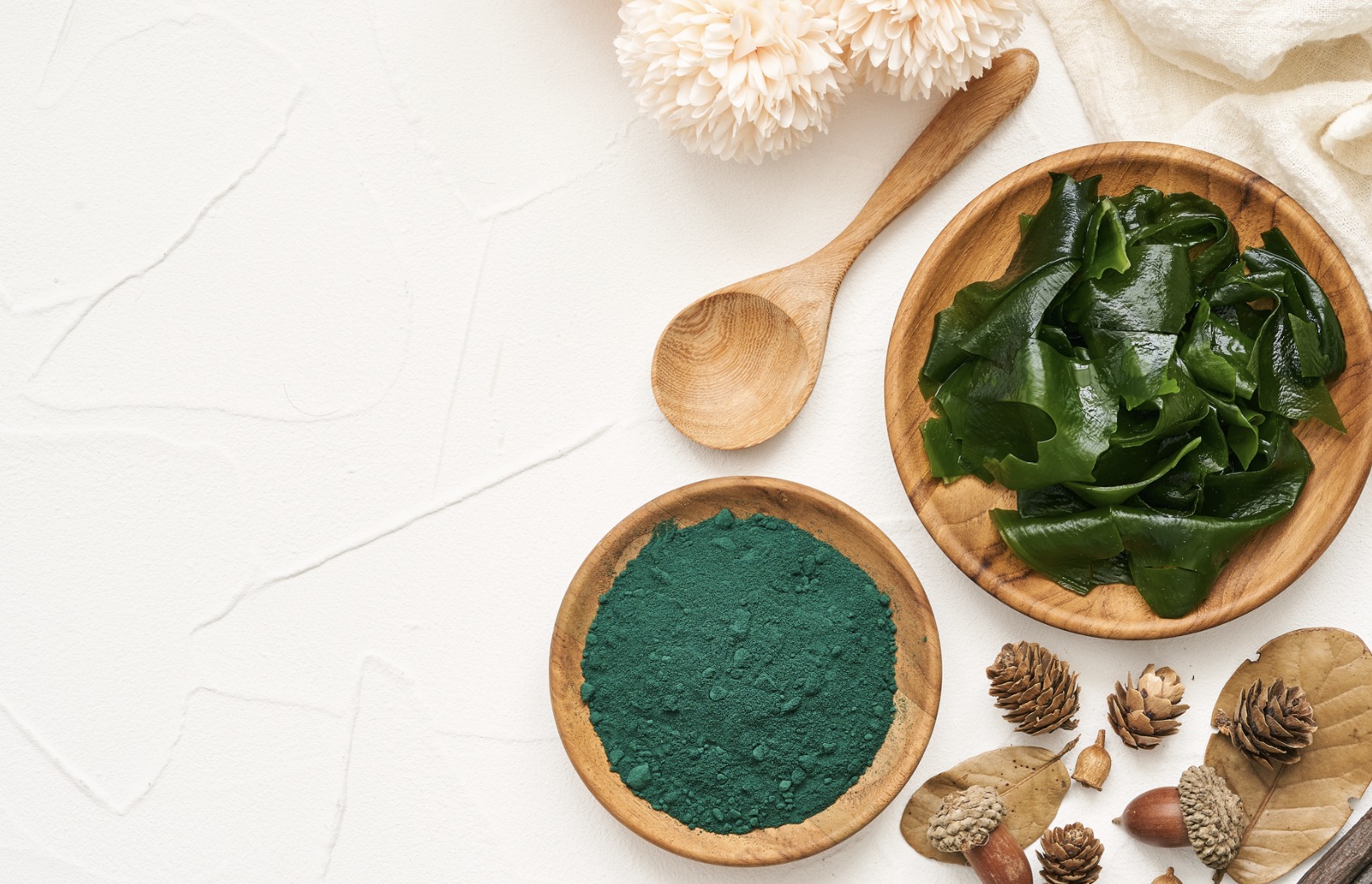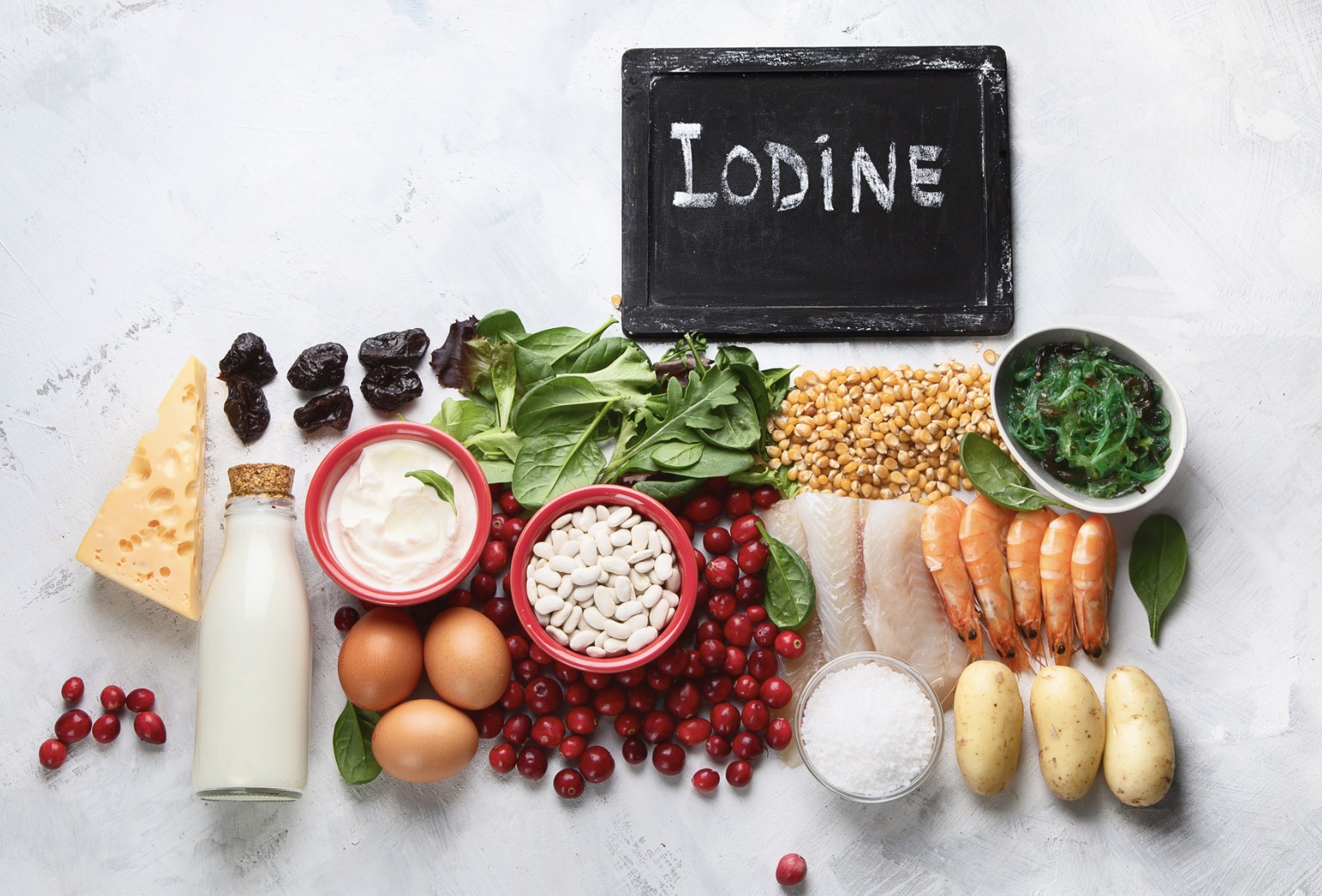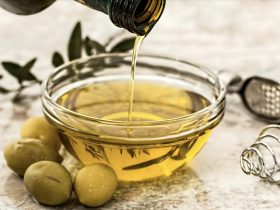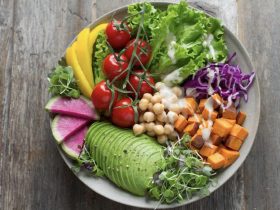Have you ever considered the tiny yet powerful mineral that plays a pivotal role in your body’s metabolism, growth, and development? That mineral is iodine, an essential nutrient your body needs but can’t produce on its own. Fortunately, it’s easy to incorporate this vital mineral into your diet through a wide array of tasty and nutritious foods.
You might ask why it is crucial to ensure adequate iodine intake? When it comes to the functionality of your thyroid gland, iodine isn’t just significant—it’s indispensable. The thyroid utilizes iodine to create hormones that regulate your metabolism, facilitate brain development, and much more.
However, if your diet lacks iodine-rich foods, you could be inadvertently setting yourself up for potential health issues. So, which foods are rich in iodine and worth including in your diet?
Reader's Roadmap
Seafood: A Great Source Of Iodine
Seafood undoubtedly takes the crown when it comes to iodine sources. Shellfish and saltwater fish, such as cod, shrimp, and tuna, not only provide a generous amount of protein but also contain significant levels of this essential mineral. Just one serving could potentially fulfill or exceed your daily iodine needs.
One of the underappreciated iodine powerhouses from the sea is seaweed. Varieties like kelp, nori, and wakame, essential ingredients in sushi, are excellent sources of iodine. In fact, certain types of seaweed can provide more than your daily recommended intake of iodine in a single serving.
When comparing kelp vs seaweed, both are nutrient-rich, but kelp often contains particularly high iodine levels. Incorporating seaweed into your diet is an effective way to enhance your iodine intake.

Dairy Products: An Iodine Boost
Though less recognized as an iodine source, dairy products provide a considerable iodine boost. Milk, cheese, and yogurt aren’t merely protein and calcium powerhouses—they also pack a significant amount of iodine. The iodine content in these products primarily comes from the iodine-enriched feed given to cows. A glass of milk or a serving of yogurt each day can contribute significantly to your daily iodine needs.
Eggs And Iodized Salt: Everyday Iodine
Common foods like eggs can help meet your iodine requirements. More specifically, egg yolks are a reliable source of iodine. One large egg can provide a portion of your daily iodine requirement.
Iodized salt, a common household item, serves as a significant iodine source. While excessive salt isn’t beneficial for your blood pressure, a moderate amount of iodized salt can supplement your iodine intake. A half teaspoon of iodized salt can fulfill a significant portion of your daily iodine requirement.
Grains: Unexpected Iodine Sources
Grains might not spring to mind when considering iodine sources. However, many types of bread and cereals might be fortified with this essential mineral. The iodine content in bread and other grain products can vary considerably, so it’s advisable to check the nutrition labels while shopping.
Certain grains like quinoa and buckwheat naturally contain iodine. Including a variety of grains in your meals diversifies your diet and ensures you’re potentially getting a comprehensive supply of nutrients, including iodine.
Fruits And Vegetables: Subtle Iodine Providers
The power of fruits and vegetables in boosting your iodine intake shouldn’t be overlooked. Certain types of produce, particularly those grown in iodine-rich soil, could provide a respectable amount of this essential mineral. For example, potatoes, particularly their skin, contain a substantial amount of iodine. So, reconsider peeling them the next time you’re making mashed potatoes.
Similarly, certain fruits like strawberries contain iodine. While the iodine content in fruits and vegetables may not be as high as that in seafood or dairy products, including them in your diet is still beneficial, as every bit contributes.
Plant-Based Alternatives
Finding good sources of iodine could seem challenging if you’re following a vegetarian or vegan diet, but rest assured, you have options beyond seafood and dairy products. Seaweed, for instance, could serve as a potent iodine source. Integrating it into your meals might require some culinary creativity, but the nutritional benefits can be significant.
Soy-based foods, often a staple in plant-based diets, might also help meet your iodine needs. Foods like soy milk and tofu, particularly those made with iodized salt, can enhance your iodine intake. However, remember the importance of consuming various iodine sources to ensure a balanced diet and optimal nutrient intake. Being mindful of your dietary choices is critical to comprehensive nutrition.
Wrapping Up
Securing adequate iodine intake might appear daunting, but it doesn’t have to be. From seafood to dairy products, grains to iodized salt, and fruits and vegetables to plant-based alternatives, a wide variety of iodine-rich foods can be easily included in your daily diet.
The goal isn’t solely about focusing on iodine-rich foods but about cultivating a harmonious balance of nutrients that collaborate for overall health. Your health isn’t about one single nutrient; it’s an intricately woven tapestry of many. Every nutrient plays a crucial role, and iodine is an essential component of this ensemble.







Leave a Reply
View Comments